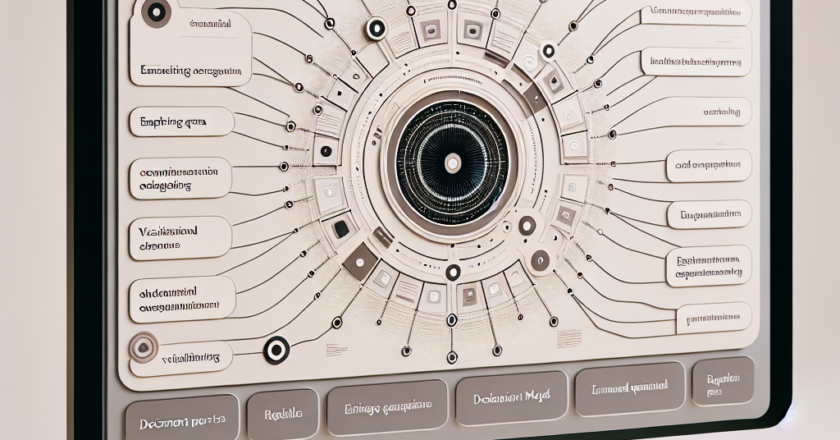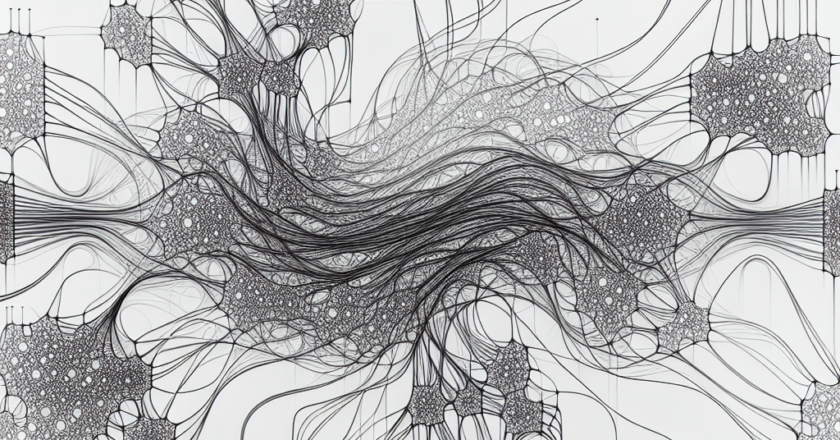Tensoic AI Debuts Kan-Llama: A Breakthrough 7B Llama-2 LoRA Model for Kannada Tokens
Tensoic AI Releases Kan-Llama: A 7B Llama-2 LoRA PreTrained and FineTuned on 'Kannada' Tokens
Summary:
Tensoic has launched Kan-Llama, a language model designed to overcome the limitations of existing language models (LLMs).
Kan-Llama focuses on proprietary characteristics, computational resources, and barriers that hinder broader research community contributions.
The model aims to encourage innovation in natural language processing (NLP) and machine translation by prioritizing open models.
Kan-Llama is a 7B Llama-2 LoRA model that has been pretrained and fine-tuned on 'Kannada' tokens, which is a South Indian language.
The release of Kan-Llama is seen as a step towards addressing the shortcomings of current LLMs.
Author's take:
Tensoic AI's release of Kan-Llama is a significant developme...










